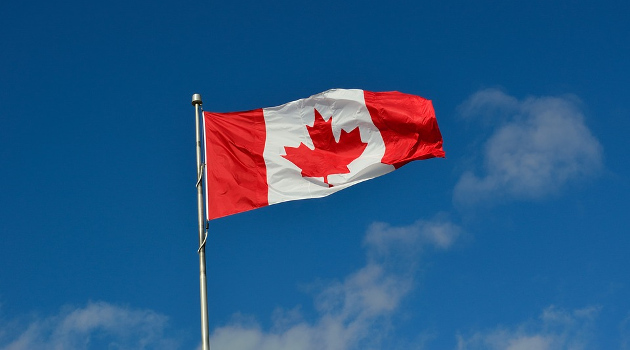There’s much to admire about public policy in Canada, including good policies today (private air traffic control and no department of education) and good policies in the past (rigorous spending restraint in the 1990s).
But there are also mistakes. Like the fiscal policies of the current Prime Minister.
Today, we’re going to look at a controversy in the province of Ontario. Here’s a tweet from David Frum about education policy in his homeland.

As the Toronto Star reports, the provincial government (akin to a state government) is imposing controls on local school boards.
The Ontario government — citing concerns in areas such as writing and math where student achievement is lagging — wants more power over school boards’ academic priorities and better training for senior leaders. …Legislation tabled Monday by Education Minister Stephen Lecce would…give the government the authority to set the direction for student achievement — given the varying results across the province — especially in the basics of reading, writing and math, and to ensure all 72 publicly funded boards provide information on that progress to parents in a transparent and timely manner… The new legislation, which will go out for consultation this spring, comes after the province had to step in to supervise and reform the Peel public school board amid allegations of systemic racism. …The province’s focus on the basics may be in response to parent concerns that boards are fixating too much on non-academic issues. …EQAO test results in math have been an ongoing concern, as have those in literacy, where roughly two-thirds of students in Grade 3 aren’t meeting the writing standard, which is equivalent to a B grade.
This story raises a quandary for libertarians.
Is it better the let the local school boards have more authority, even when they make bad decisions? Or is it better to have more sensible governance choices by the provincial government, even if it diminishes local authority?
The right answer, of course, it to ignore those two questions and instead embrace school choice. Especially since five Canadian provinces already have that sensible approach.
That way, parents who want crummy government schools can keep their kids in the current system and and parents who want quality education could choose a private school.
But if school choice is not an option, we’re back to a difficult fork in the road. Is it worth accepting more centralization to limit trendy nonsense by local school boards?
Definitely worth adding to our collection of libertarian quandaries.
———
Image credit: ElasticComputeFarm | Pixabay License.


